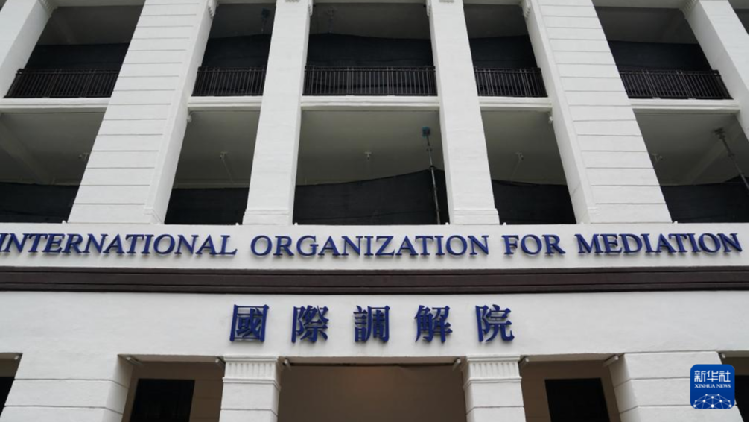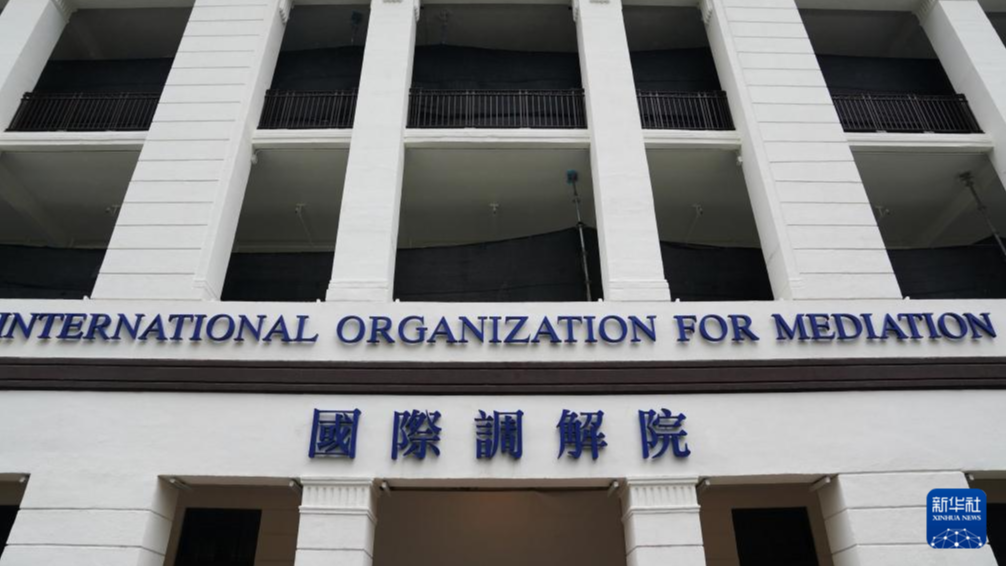China's Strategic Role in Establishing the International Organization for Mediation to Promote Global Peace and Conflict Resolution
China's support in establishing the International Organization for Mediation aims to promote peaceful dispute resolution and enhance global stability.


China's Hong Kong Special Administrative Region became the center stage on Friday for a historic event: the signing ceremony of the Convention on the Establishment of the International Organization for Mediation (IOMed). This new international institution aims to provide a dedicated platform for resolving disputes between states, states and foreign investors, as well as international commercial entities—all through mediation.
Delivering a keynote speech at the ceremony, Chinese Foreign Minister Wang Yi described the founding of IOMed as an “innovative step in international rule of law” and underscored its significance in the history of international relations. Wang highlighted how the organization reflects China’s longstanding philosophy of harmony, with an emphasis on dialogue, compromise, and win-win solutions. He noted that the IOMed opens up a fairer, more accessible channel for resolving international conflicts and represents a marked shift away from zero-sum approaches that have characterized some existing systems.
The ceremony brought together about 400 high-level representatives from 85 countries and nearly 20 international organizations. Notably, 33 countries signed the convention on-site, earning their place as founding members of the IOMed. Experts in attendance hailed the move as a critical evolution in global governance, arguing that it fills a long-standing gap in international dispute resolution mechanisms—particularly as a more equitable alternative to frameworks dominated by wealthier nations.
The organization’s foundation addresses a pivotal void identified in Article 33 of the United Nations Charter, which prioritizes mediation as a preferred means of conflict resolution. Until now, there had been no dedicated intergovernmental legal body focused exclusively on international mediation. The IOMed stands out as the first such institution, offering what many are calling an essential public good in the field of global governance and the rule of law.
Central to the IOMed’s mission is the advancement of peaceful, consultative conflict resolution. Wang Yi emphasized that fostering dialogue—and moving away from “you-lose-I-win” mentalities—could help promote more harmonious international relations. Drawing on Eastern traditions, particularly the Chinese adage “Harmony is precious,” the IOMed aims to instill mutual respect, flexibility, and compromise into the resolution process.
Beyond the philosophical underpinnings, the practical advantages of IOMed are considerable. For developing countries especially, the organization provides a more flexible, cost-effective, and efficient option for settling disputes. The procedures are designed to be highly accessible and neutral, setting the IOMed apart from more rigid, costly mechanisms like traditional arbitration or litigation. As Xu Ying, an international affairs expert based in Beijing, pointed out, this is a crucial step toward addressing criticisms that traditional mechanisms are inaccessible, expensive, and biased in favor of wealthier parties.
Hong Kong, as the seat of the IOMed, was chosen for several strategic reasons. The city’s unique position—bridging the East and West—offers both strong connections to the Chinese mainland and deep ties to global markets. Its mature business climate, robust legal system encompassing both common and civil law, as well as a multilingual professional ecosystem, are seen as significant advantages. Major international rating agencies have recently affirmed Hong Kong’s stable outlook, further underpinning its suitability as a global hub for mediation services.
By anchoring the IOMed in Hong Kong, China seeks not only to elevate the status of the city on the world stage but also to offer an inclusive, innovative pathway for international dispute settlement. As global complexities grow and cross-border disputes increase, the organization is positioned to serve as a vital instrument for promoting dialogue and harmony in international affairs.




